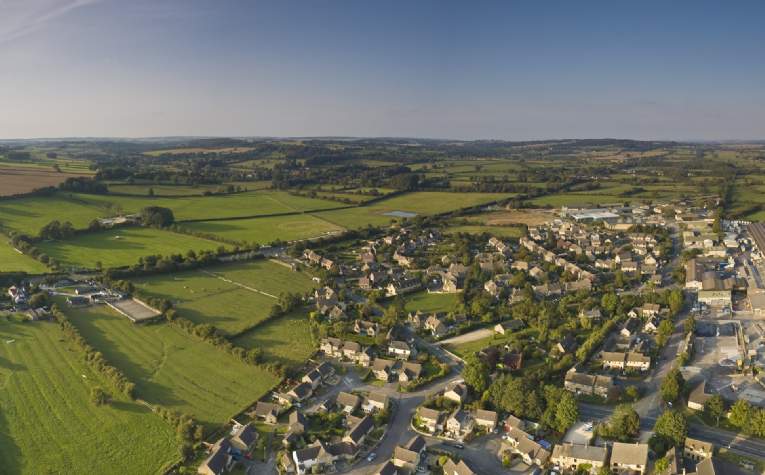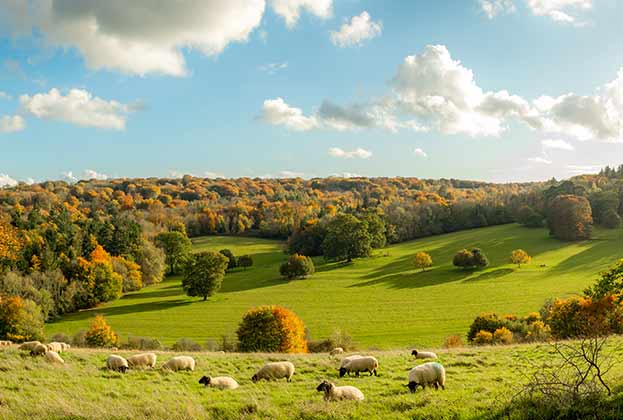Agricultural businesses have long diversified into holiday lets and for many people, summer means swapping urban homes for a staycation in cottages, caravans and campsites, often on a farm.
Enjoying the delights of the British countryside is an undoubted pleasure, but it’s important to bear in mind it has its hazards too.
The countryside is the working environment of one of our most dangerous industries – agriculture – which harbours a variety of potential risks, including those from machinery and livestock. Robust health and safety policies and procedures are essential for farmers and farm workers, and landowners also need to warn visitors of any foreseeable dangers.
On the flipside, holidaymakers have a key role to play in making sure they enjoy the countryside safely and that their visit does not cause harm to the environment or compromise their host’s livelihood. Defra’s Countryside Code lays out the responsibilities of visitors and land managers in England and Wales while Scotland has the Scottish Outdoor Access Code.
In the meantime, here are some points for visitors to bear in mind:
- On the farm – Keep out of the way of farm machinery at work, don’t climb on bale stacks and stay well clear of slurry lagoons where animal waste is stored to be turned into fertiliser. Fencing, not to mention the smell of the slurry, should be warning enough but never investigate a slurry lagoon as they can be extremely hazardous.
- Crops – In Scotland members of the public are allowed along the margins and headlands of fields in which crops are growing and across fields that are not sown, such as stubble. This is not the case in England and Wales so don’t stray into fields – stick to footpaths and bridleways.
- Livestock – Don’t be tempted to approach or touch livestock. Their curiosity can be overwhelming and they can also be dangerous.
- Bio-security – Take notice of any bio-security measures in place, such as sterilising footwear, and respond where required.
- Dogs – All dogs must be under control, ideally on a lead. However, if you are chased by livestock, let your pet go as it’s most likely to be the dog that has spooked the animals. It should be able to run away safely. And while technically dog mess is an organic and biodegradable material, always clear it up.
- Leave as you find – This includes gates which may have been left open for a reason, such as to allow animals access to water in an adjacent field. And never drop litter – discarded rubbish isn’t only ugly, it poses a danger to wildlife and livestock.
Further information
Contact Savills Food & Farming
(1).jpg)
.jpg)
.jpg)

.jpg)
.jpg)
.jpg)
.jpg)
.jpg)
.jpg)
